A thriving garden starts with healthy soil, and the best way to enrich it is by working with nature. While fertilizers and soil amendments can help, certain plants naturally improve soil quality by adding nutrients, enhancing structure, and increasing organic matter.
Here are 11 must-have plants that can naturally improve soil quality in your garden and help you create a lush, productive space.
Clover
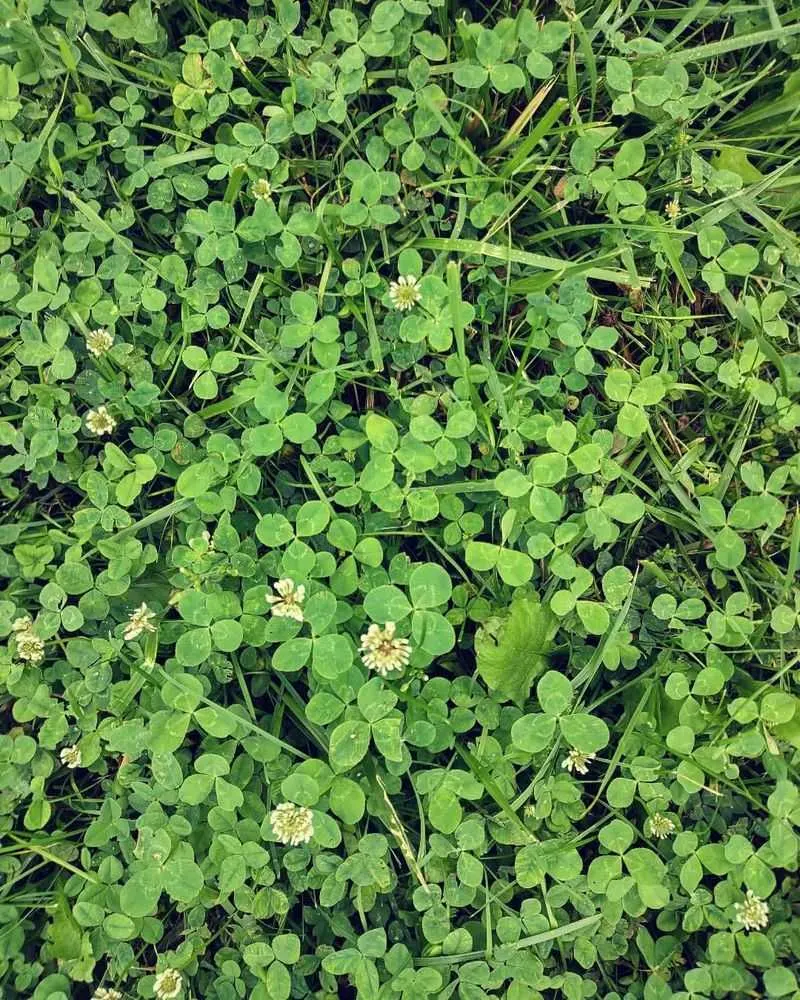
Clover is a powerful nitrogen-fixer, enriching the soil with essential nutrients. Its roots work diligently to aerate the soil, creating a welcoming environment for other plants. Additionally, clover provides excellent ground cover, reducing soil erosion and suppressing weeds. This plant is versatile, thriving in various climates and requiring minimal maintenance. Consider incorporating clover as a living mulch around your vegetable garden. Its vibrant green leaves add a charming visual appeal while enhancing soil health. Ideal for gardeners seeking a low-maintenance solution with substantial benefits.
Comfrey
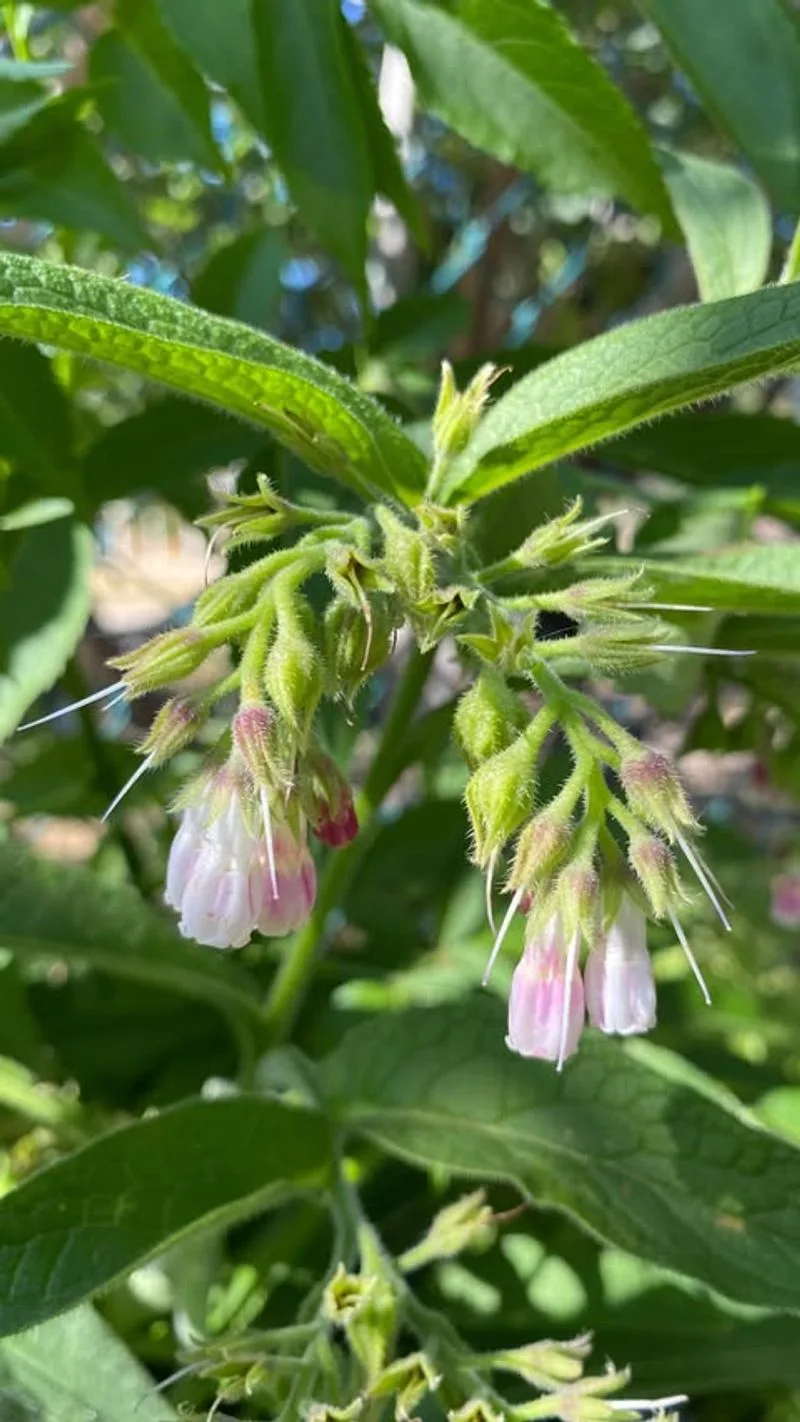
Comfrey is renowned for its ability to mine nutrients from deep within the soil. Its deep roots draw up potassium, phosphorus, and calcium, making them available to other plants. The leaves, when used as mulch, decompose rapidly, enriching the topsoil with nutrients. Comfrey is especially beneficial in compost piles, accelerating the decomposition process. This plant also attracts pollinators with its beautiful purple flowers. Plant comfrey near your fruit trees to boost their growth. A gardener’s ally, comfrey offers both functional and aesthetic benefits in your garden.
Alfalfa
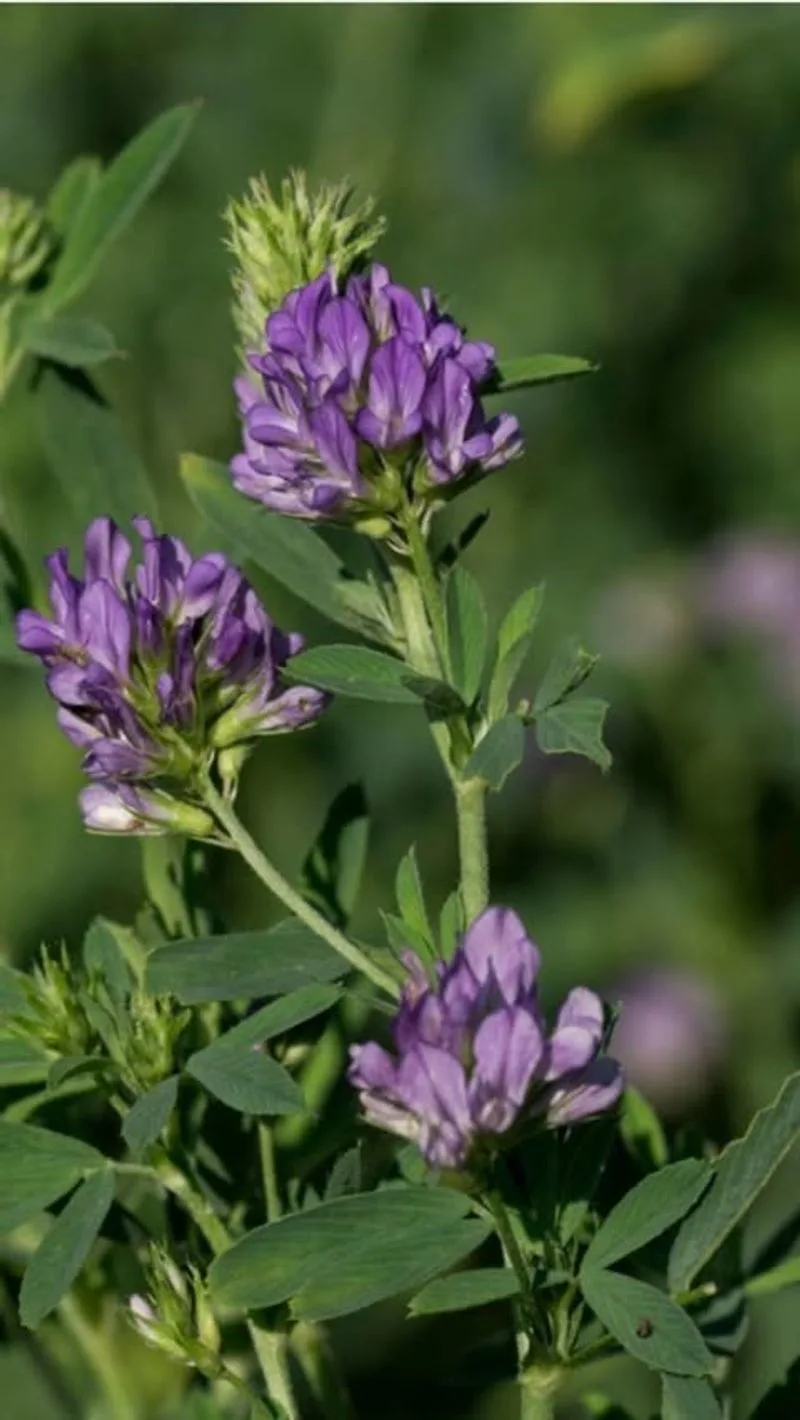
Alfalfa is a perennial legume that improves soil fertility by fixing nitrogen. Its extensive root system helps in breaking up compacted soil, enhancing aeration and water infiltration. Alfalfa plants are also rich in micronutrients, which they supply to the soil upon decomposition. This plant is an excellent choice for green manure, contributing to sustainable soil management practices. Incorporate alfalfa into your crop rotation plan to experience its soil-amending benefits. Ideal for those looking to enrich their soil organically while enjoying a beautiful green cover.
Buckwheat
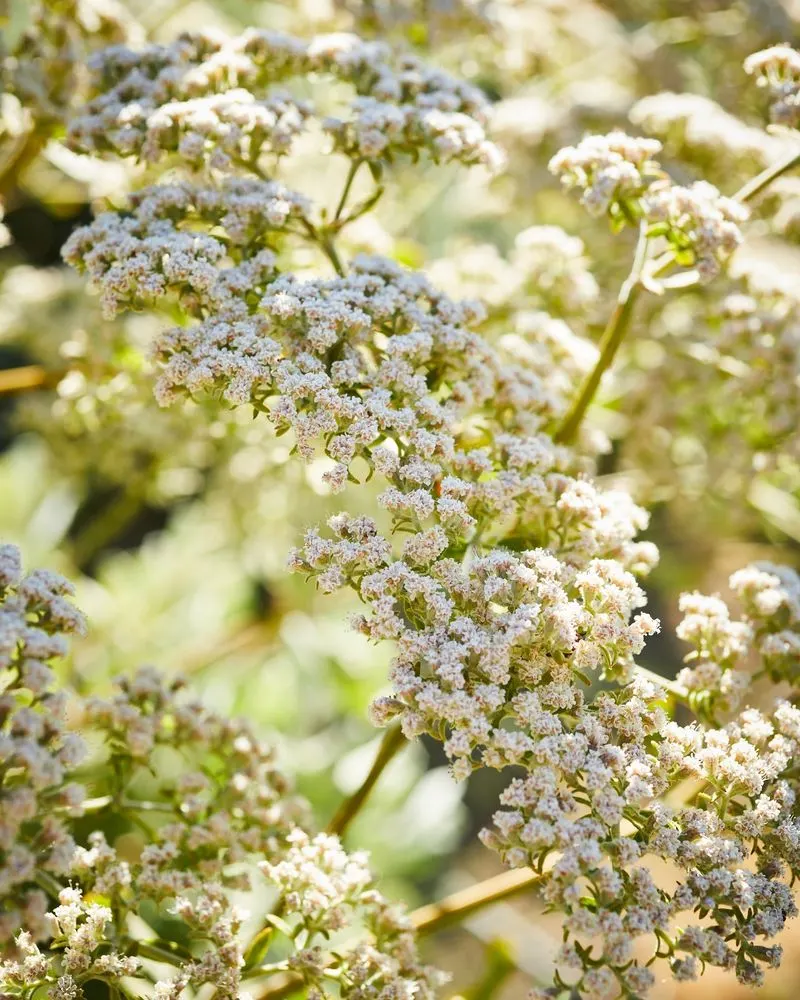
Buckwheat is a fast-growing plant that serves as an excellent cover crop. It quickly establishes itself, suppressing weeds and preventing soil erosion. Buckwheat’s shallow roots improve soil structure by enhancing aeration and water retention. Its flowers attract beneficial insects, promoting a healthy ecosystem in your garden. Once matured, buckwheat can be tilled back into the soil as green manure, enriching it with organic matter. Consider using buckwheat in rotation with other crops to maintain soil health and structure. This plant is both functional and visually appealing.
Daikon Radish
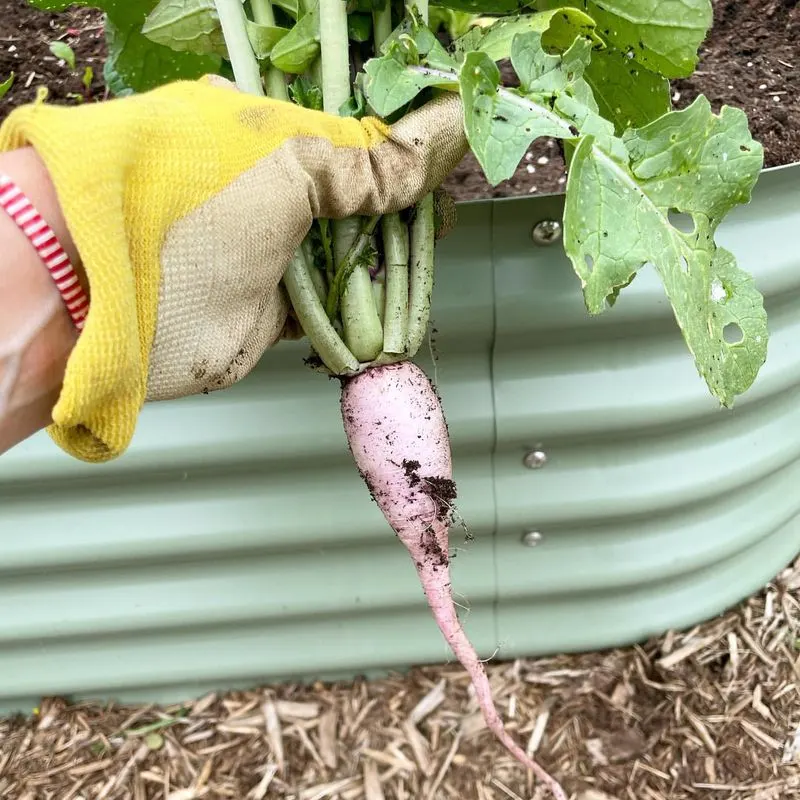
Daikon radish, with its deep taproots, breaks up compacted soil effectively. Its roots penetrate deeply, improving drainage and aeration. As the radish decomposes, it adds organic matter to the soil, enhancing its fertility. This process also helps in reducing soil compaction, making it easier for subsequent plants to establish roots. Daikon radish is particularly useful in no-till gardening, where soil disturbance is minimal. Plant it as a cover crop during the off-season for maximum benefits. Its ability to improve soil texture makes it a valuable addition.
Hairy Vetch
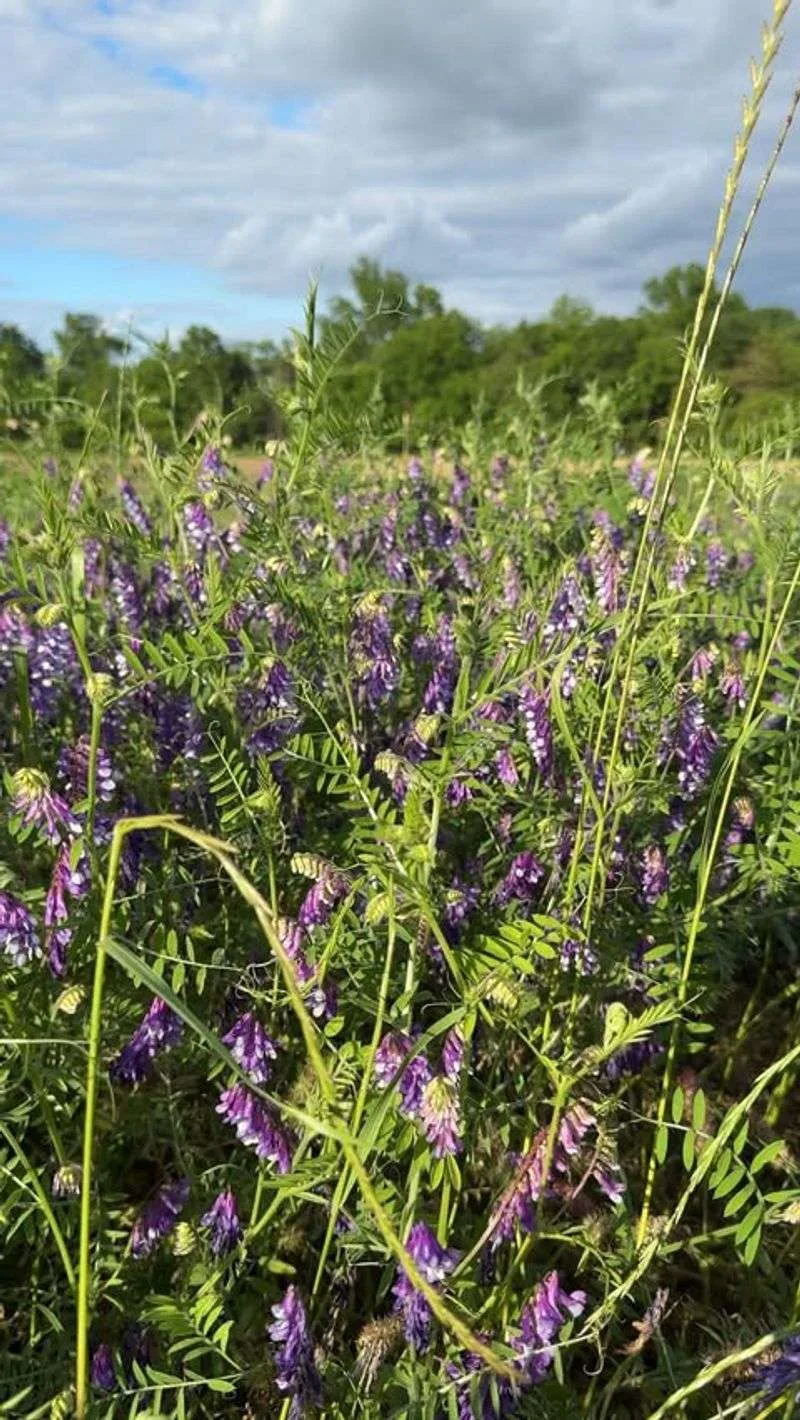
Hairy vetch is a robust legume known for its nitrogen-fixing capabilities. It thrives in various soil types, providing excellent ground cover that prevents erosion. Its dense foliage suppresses weeds, reducing competition for nutrients. The plant’s roots enhance soil structure, improving aeration and fertility. Hairy vetch is often used as a cover crop in sustainable agriculture, contributing to soil health and biodiversity. Incorporate it in your garden to benefit from its nitrogen-rich biomass. Its attractive purple flowers are an added bonus, drawing pollinators to your garden.
Lupine

Lupine is a strikingly beautiful plant known for its nitrogen-fixing abilities. Its deep roots improve soil structure and fertility, making nutrients more accessible. As a bonus, lupine’s vibrant flowers add aesthetic value to any garden setting. The plant is particularly effective in sandy soils, where it helps in retaining moisture and nutrients. Plant lupine alongside vegetables that benefit from additional nitrogen, such as corn or tomatoes. This plant is an excellent choice for gardeners looking to combine beauty with functionality. Its dual purpose makes it indispensable.
Mustard
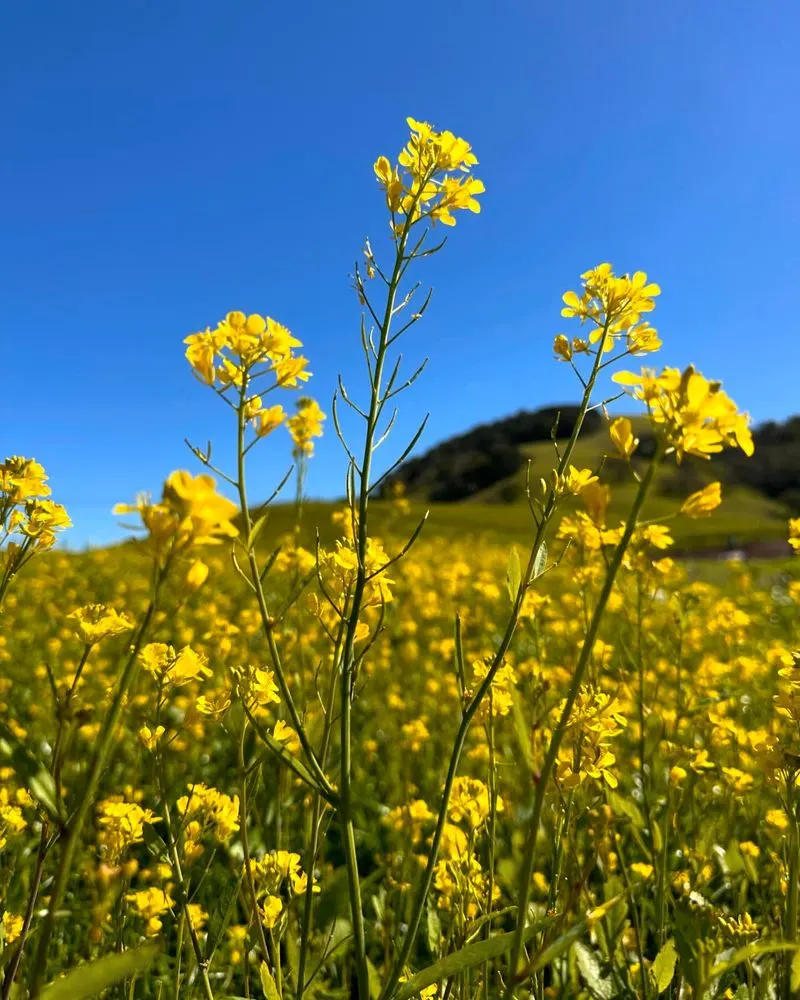
Mustard plants are exceptional at biofumigation, suppressing soil-borne pests and diseases. When incorporated into the soil, they release natural compounds that act as organic pesticides. This makes mustard an excellent choice for organic gardening. Its fast growth and dense canopy provide effective weed suppression, maintaining soil health. Mustard is also rich in nutrients, which it returns to the soil upon decomposition. Use it as a cover crop to prepare your garden beds for the next planting season. Its vibrant yellow flowers also attract beneficial insects.
Sunflower

Sunflowers are more than just pretty faces; they play a crucial role in soil remediation. Their deep roots help in aerating soil, improving its structure. Sunflowers absorb heavy metals from the soil, contributing to its detoxification. As they decompose, they add organic matter back into the earth, enriching the soil. Plant sunflowers as a boundary or border in your garden to capitalize on their soil-enhancing properties. Their height and cheerful blooms add a vertical element, making them a garden favorite. Ideal for those seeking both utility and beauty.
Sweet Clover
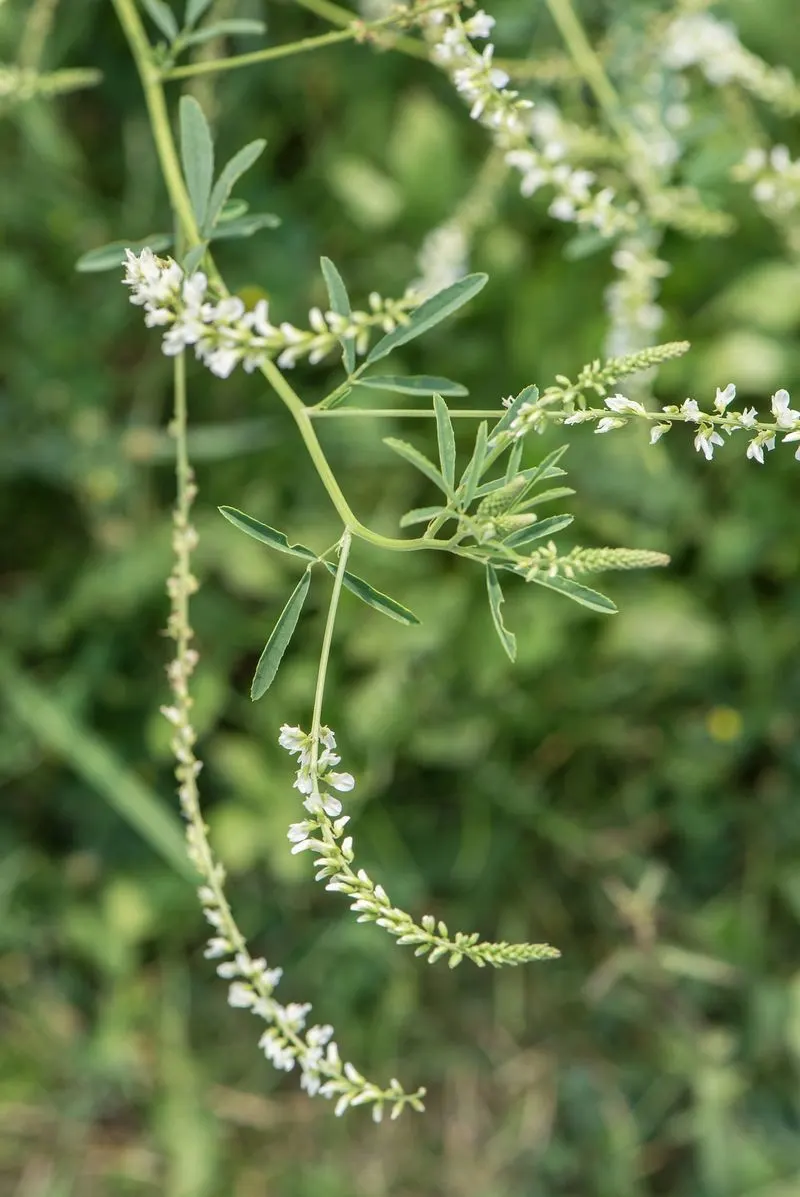
Sweet clover is a biennial plant that excels in enriching soil with nitrogen. Its deep roots break up hardpan, allowing better water penetration and root growth. Sweet clover improves soil structure and fertility, benefiting subsequent plantings. It’s an excellent choice for cover cropping, especially in areas prone to erosion. This plant’s flowers attract pollinators, enhancing biodiversity in your garden. Use sweet clover in rotation with other crops to maintain soil health without synthetic inputs. Its subtle beauty and functional benefits make it a gardener’s asset.
Yarrow
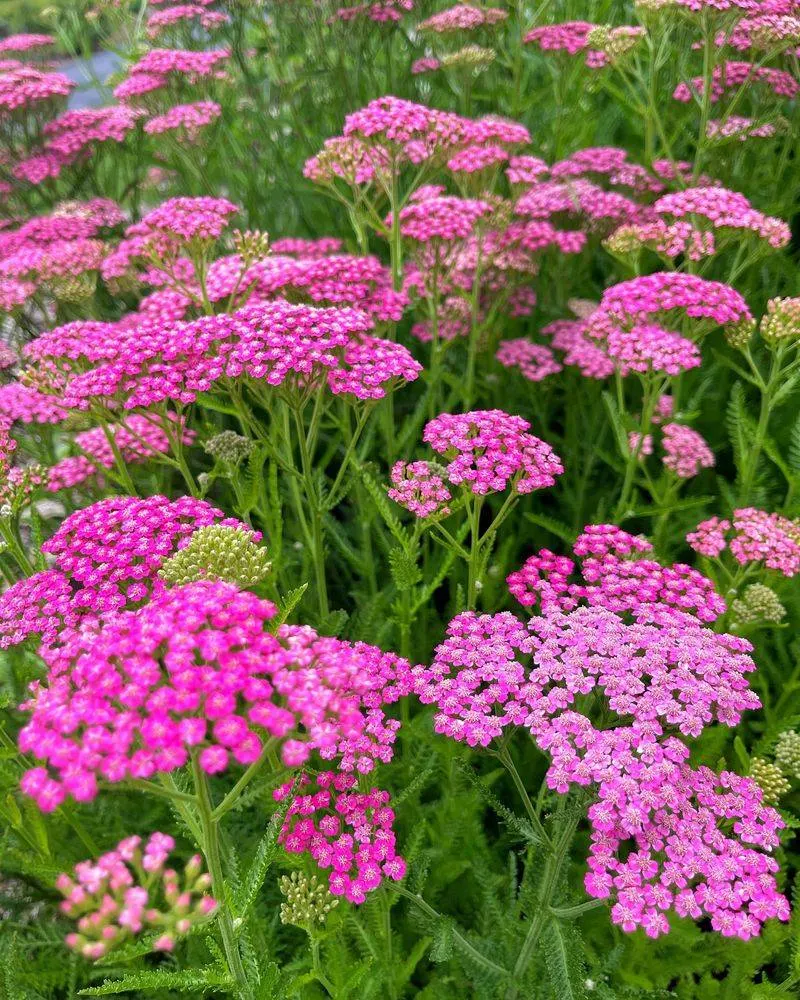
Yarrow is a hardy perennial that enhances soil health through its deep roots. These roots draw up nutrients from deep within the soil, making them available to other plants. Yarrow’s foliage, when cut and left to decompose, adds organic matter to the soil. This process benefits the soil’s structure and fertility. The plant is also known to attract beneficial insects, contributing to a balanced garden ecosystem. Plant yarrow in areas that need a boost in soil nutrients. Its resilience and multifaceted benefits make it a valuable garden companion.

